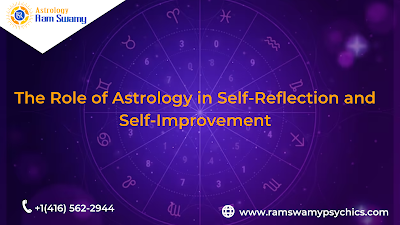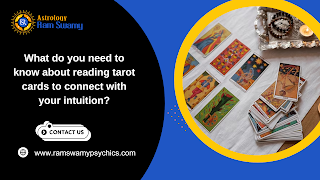Astrology, the study of celestial bodies and their influence on human behavior and events, has been practiced for thousands of years. From ancient civilizations to the present day, astrology has captivated people's imagination and curiosity. Many individuals turn to astrology in search of guidance and predictions about their future. However, the question arises: How successful are astrological predictions?
Astrology is based on the belief that there is a connection between the positions and movements of celestial bodies and the events that occur on Earth. Astrologers analyze the birth charts of individuals, which are calculated based on the date, time, and location of their birth. These birth charts provide a unique blueprint of the individual's personality traits, strengths, weaknesses, and potential life events.
One of the key aspects of astrology is the use of horoscopes. Horoscopes are personalized predictions or forecasts based on an individual's zodiac sign, which is determined by the position of the sun at the time of their birth. Astrologers interpret the planetary positions in relation to the zodiac signs to provide insights and predictions about various aspects of life, such as love, career, finances, and health.
While astrology has its fair share of enthusiasts and practitioners who swear by its accuracy, it is important to approach astrological predictions with a critical mindset. Scientifically speaking, astrology lacks empirical evidence and is not recognized as a legitimate scientific discipline. The predictions made by astrologers are often generalized and open to interpretation, which can lead to subjective bias.
However, it is worth noting that astrology has a long history and has played a significant role in various cultures and societies. It has been used as a tool for self-reflection, self-improvement, and understanding the world around us. Many people find comfort and solace in astrology, as it offers a sense of direction and purpose in their lives.
When it comes to the accuracy of astrological predictions, opinions are divided. Some individuals claim that astrological forecasts have accurately predicted significant life events, while others dismiss astrology as mere superstition. The lack of scientific evidence and the subjective nature of astrology make it difficult to determine its level of accuracy definitively.
One of the challenges in assessing the success of astrological predictions is the phenomenon of confirmation bias. Confirmation bias occurs when individuals selectively interpret information that confirms their existing beliefs or expectations. In the context of astrology, people may remember and emphasize the predictions that turned out to be true while ignoring or forgetting those that were incorrect. This can create a skewed perception of astrology's accuracy.
Another factor to consider is the role of free will in shaping our lives. Astrology suggests that our lives are predetermined by celestial influences. However, many individuals believe in the power of personal choices and the ability to shape their destiny through their actions. The interplay between fate and free will adds complexity to the evaluation of astrological predictions.
Despite the skepticism surrounding astrological predictions, it is essential to acknowledge that astrology can provide valuable insights and perspectives. It can serve as a tool for self-reflection and self-awareness, helping individuals gain a deeper understanding of their strengths, weaknesses, and potential challenges. Astrology can also offer guidance and comfort during uncertain times, providing a sense of hope and direction.
Ultimately, the success of astrological predictions may vary from person to person. Some individuals may find astrology to be remarkably accurate and influential in their lives, while others may perceive it as mere entertainment or pseudoscience. The subjective nature of astrology means that its value lies in the eye of the beholder.
In conclusion, the success of astrological predictions remains a topic of debate and personal interpretation. Astrology, with its long history and cultural significance, has attracted both devoted followers and skeptics. While astrology lacks scientific validation and is not recognized as a legitimate scientific discipline, it continues to captivate the interest and curiosity of many individuals.
Astrology offers personalized insights and forecasts through birth charts and horoscopes, providing guidance and a sense of direction in various aspects of life. It can serve as a tool for self-reflection, self-improvement, and understanding our strengths, weaknesses, and potential challenges. Astrology can also offer comfort and solace during uncertain times, giving a sense of hope and purpose.
However, it is crucial to approach astrological predictions with a critical mindset. The lack of empirical evidence and the subjective nature of astrology make it difficult to determine its level of accuracy definitively. Confirmation bias and the interplay between fate and free will further complicate the evaluation of astrological predictions.
In the end, astrology remains a fascinating and complex field, bridging the realms of science, spirituality, and personal belief. Exploring astrology can be an enriching journey, providing opportunities for self-discovery, reflection, and a deeper understanding of the intricate relationship between the celestial and the earthly realms.





No comments:
Post a Comment